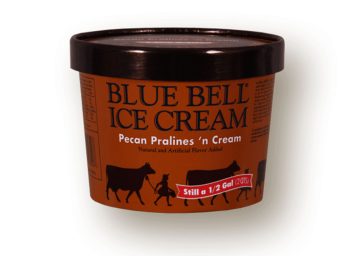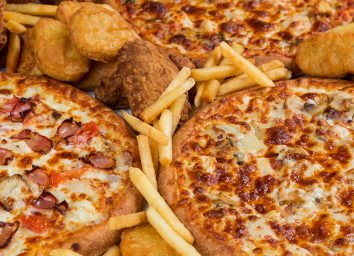17 Foods Most Likely to Give You Food Poisoning
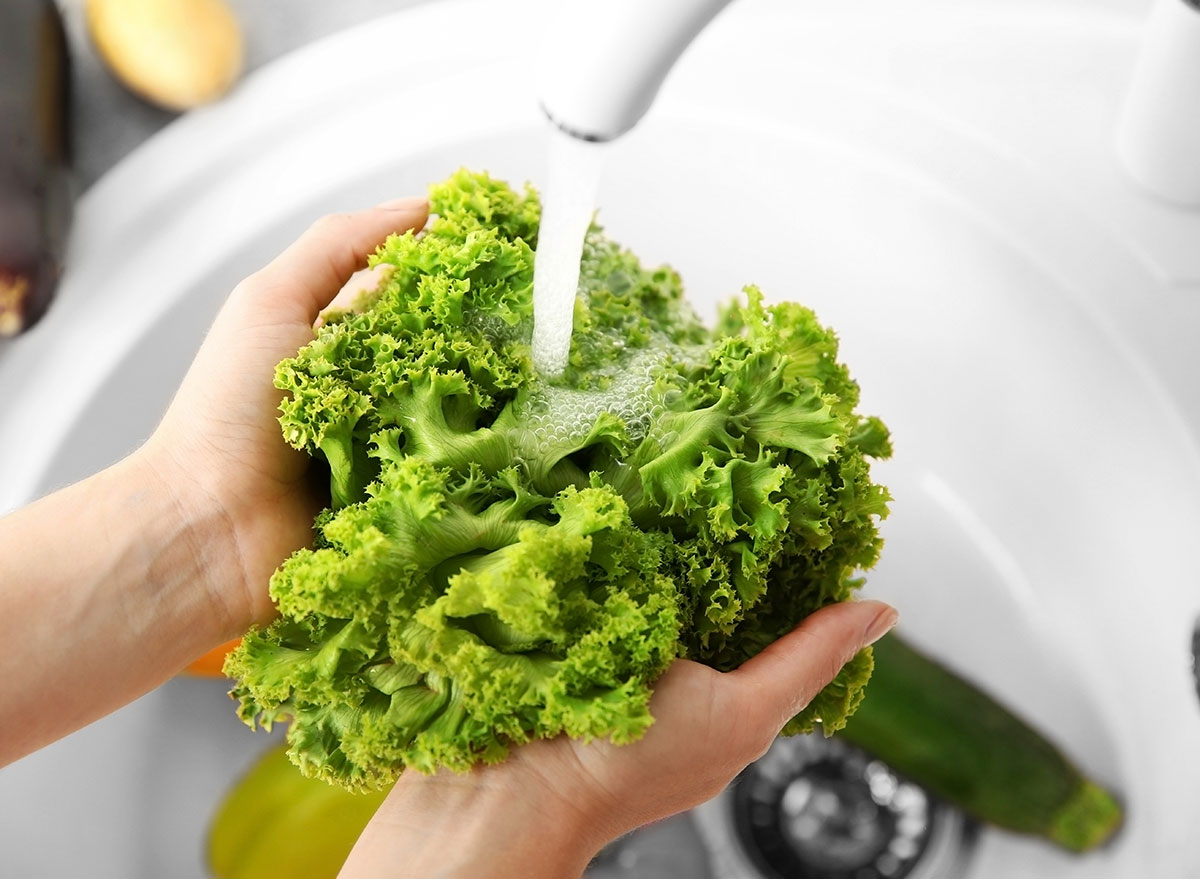
Suffering from a case of food poisoning is never a fun experience as most likely, you’ll end up having symptoms such as diarrhea, vomiting, upset stomach, or nausea. And according to the Centers for Disease Control and Prevention (CDC), an estimated one in six Americans—48 million people, to be exact—get sick because of foodborne diseases. While there are things you can do to prevent this from happening, there are just some possibly contaminated foods that are most likely to give you food poisoning.
So, which foods are the biggest culprits? Read on to discover the contaminated foods most likely to give you food poisoning.
Eggs
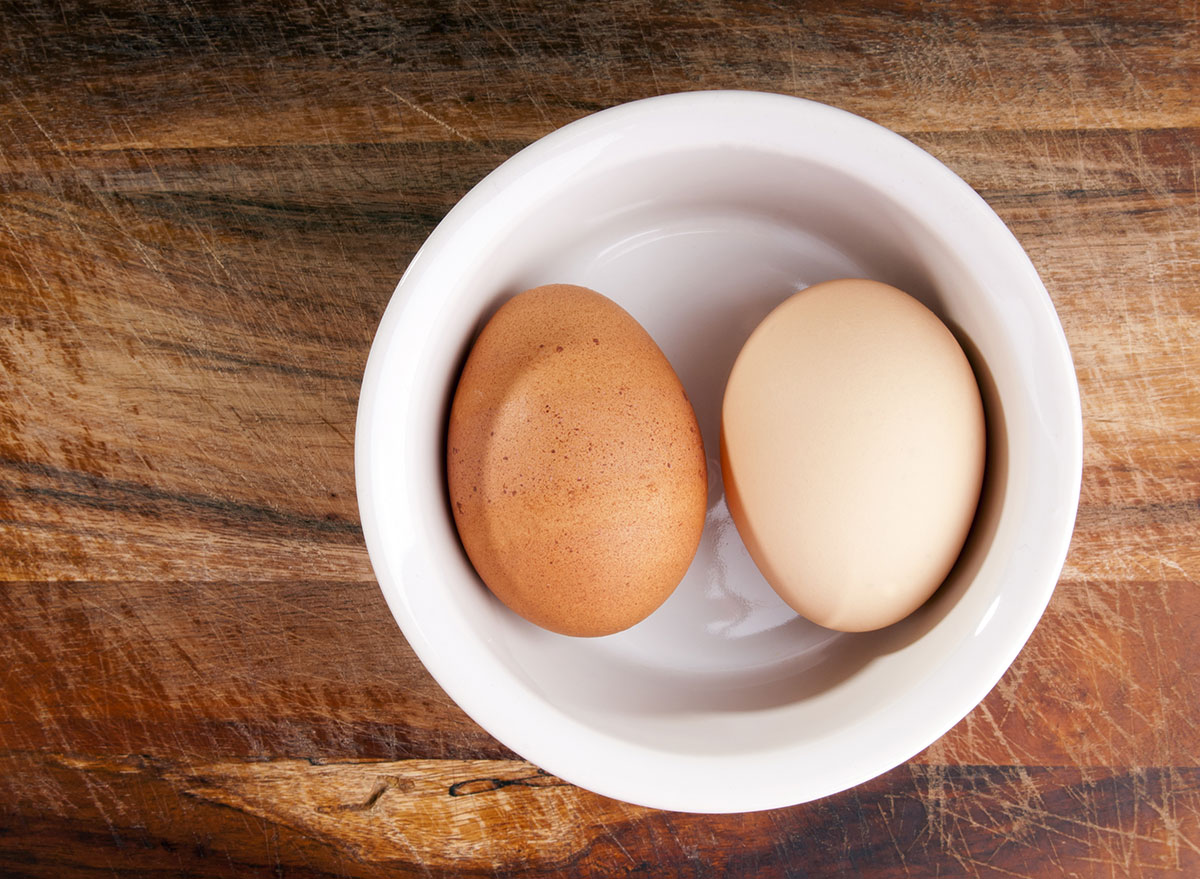
Whether you prefer brown or white eggs, cage-free or conventional, make sure your eggs are Salmonella-free by purchasing refrigerated cartons, checking for and removing any cracked ones, and purchasing by the sell-by date. According to the Egg Safety Center, “fresh shell eggs are safe to be consumed four to five weeks beyond the date they were packed, which is the Julian date found on the carton’s short end.”
Raw Unpasteurized Milk
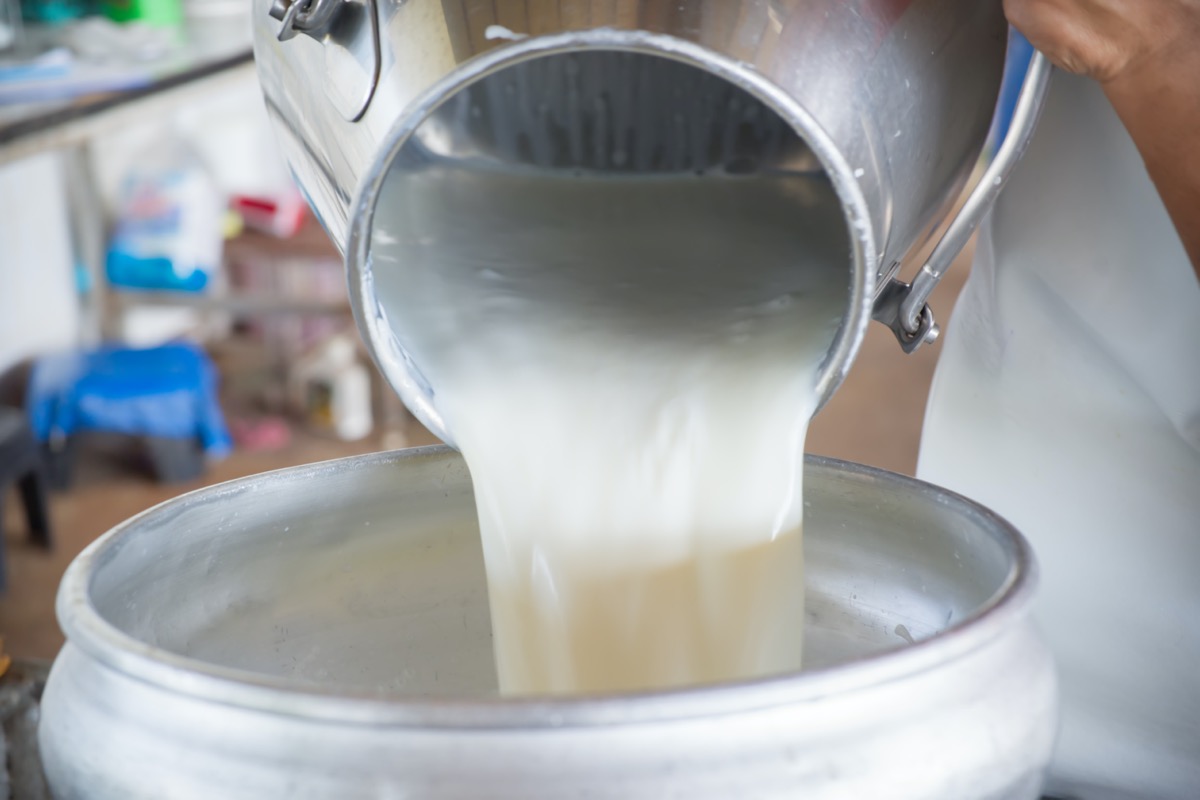
Pasteurization, which rids dairy of any nausea-causing bacteria, killing harmful germs, is a process that requires manufacturers to heat raw milk to a specific temperature for a set amount of time. So if you’re consuming raw, unpasteurized milk, you’re putting yourself at risk of contracting Listeria, Salmonella, and E. Coli.
Soft Cheese
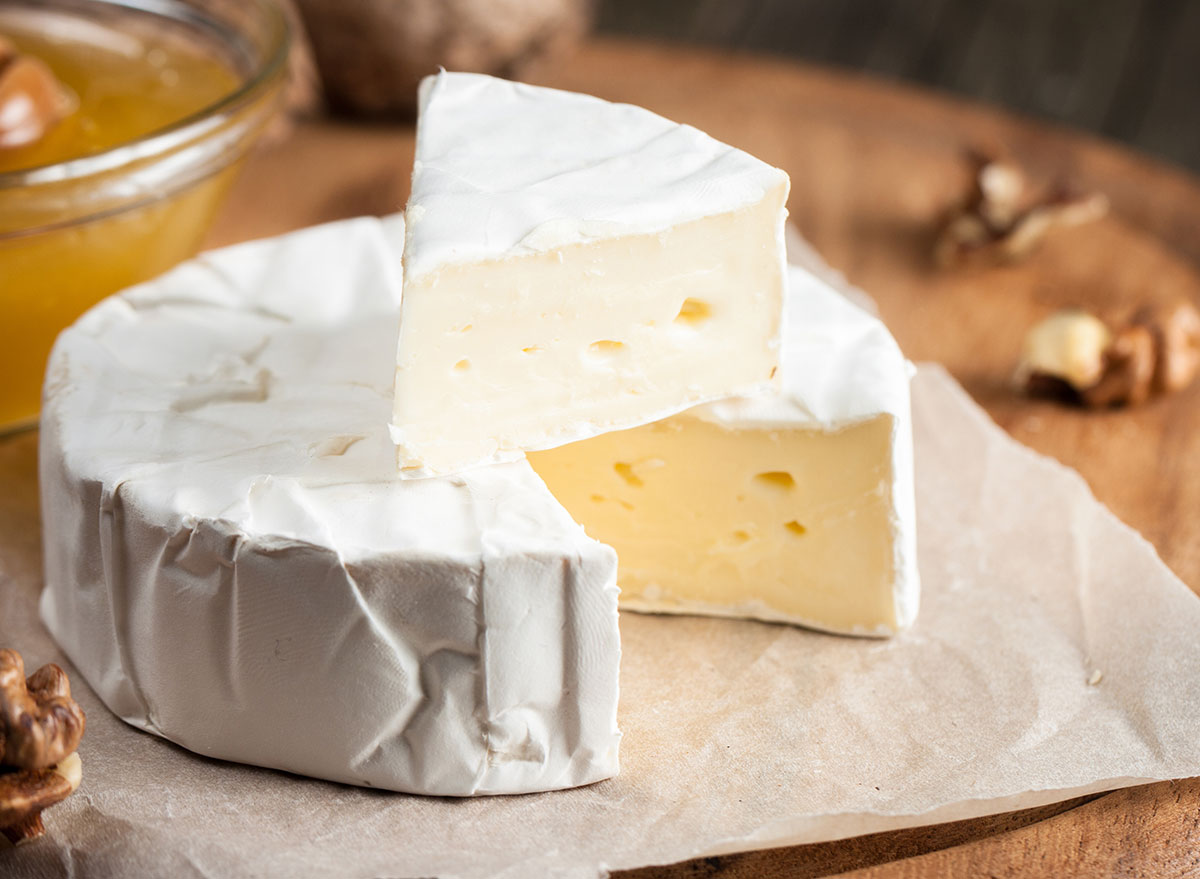
Sorry for this one, but if you’re a fan of feta, goat cheese, Brie, Camembert, blue cheese, Mexican queso, Gloucester cheese, or Gruyere you may be at a higher risk of contracting—you guessed it—Listeria, Salmonella, and E. Coli, the same germs that are in raw unpasteurized milk.
Raw Flour
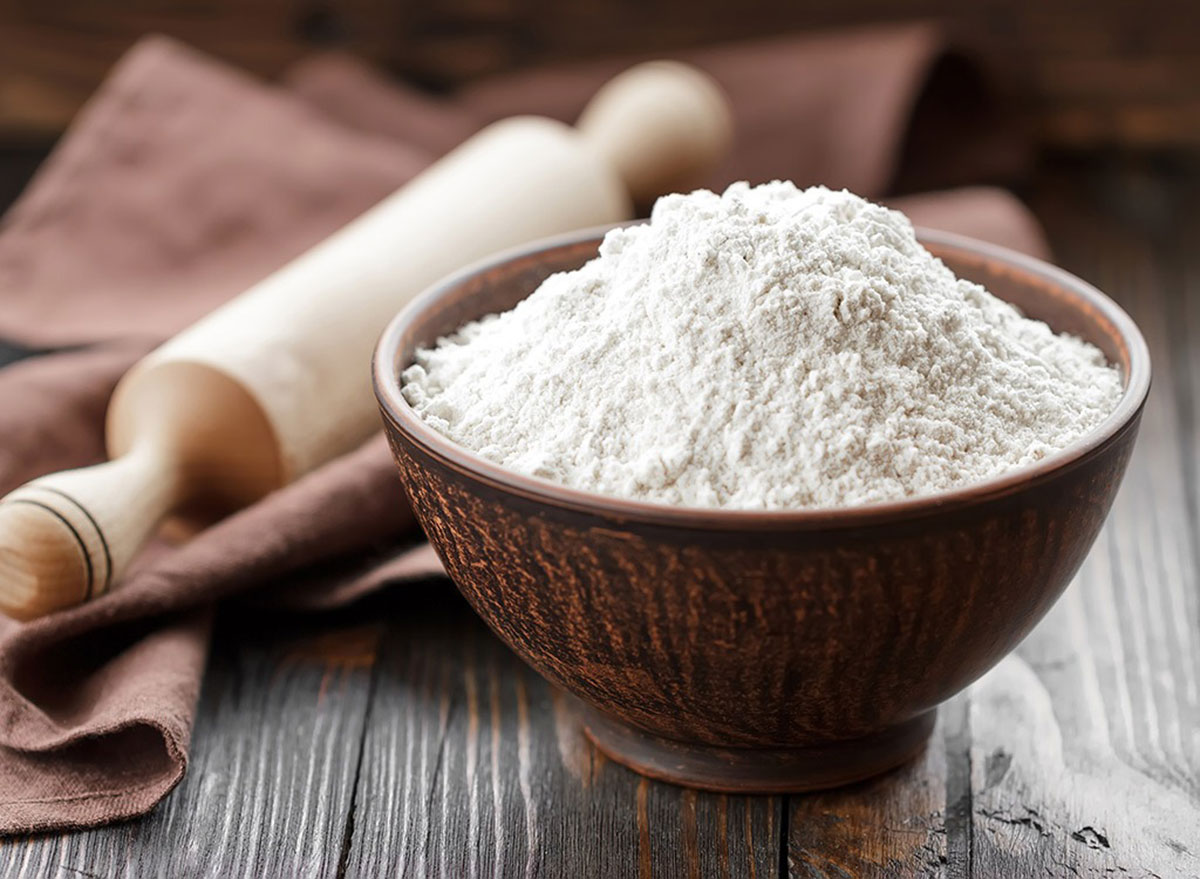
This might be surprising to see on the list, but it’s important to keep in mind that flour isn’t typically treated to kill germs, like say milk in. So there is a chance that germs can contaminate grain while it’s still in the field or at any point when flour is being produced. Anything that is made with flour should always be fully cooked before consumption in order to avoid contracting anything that may make you sick.
Baked & Unbaked Sweets
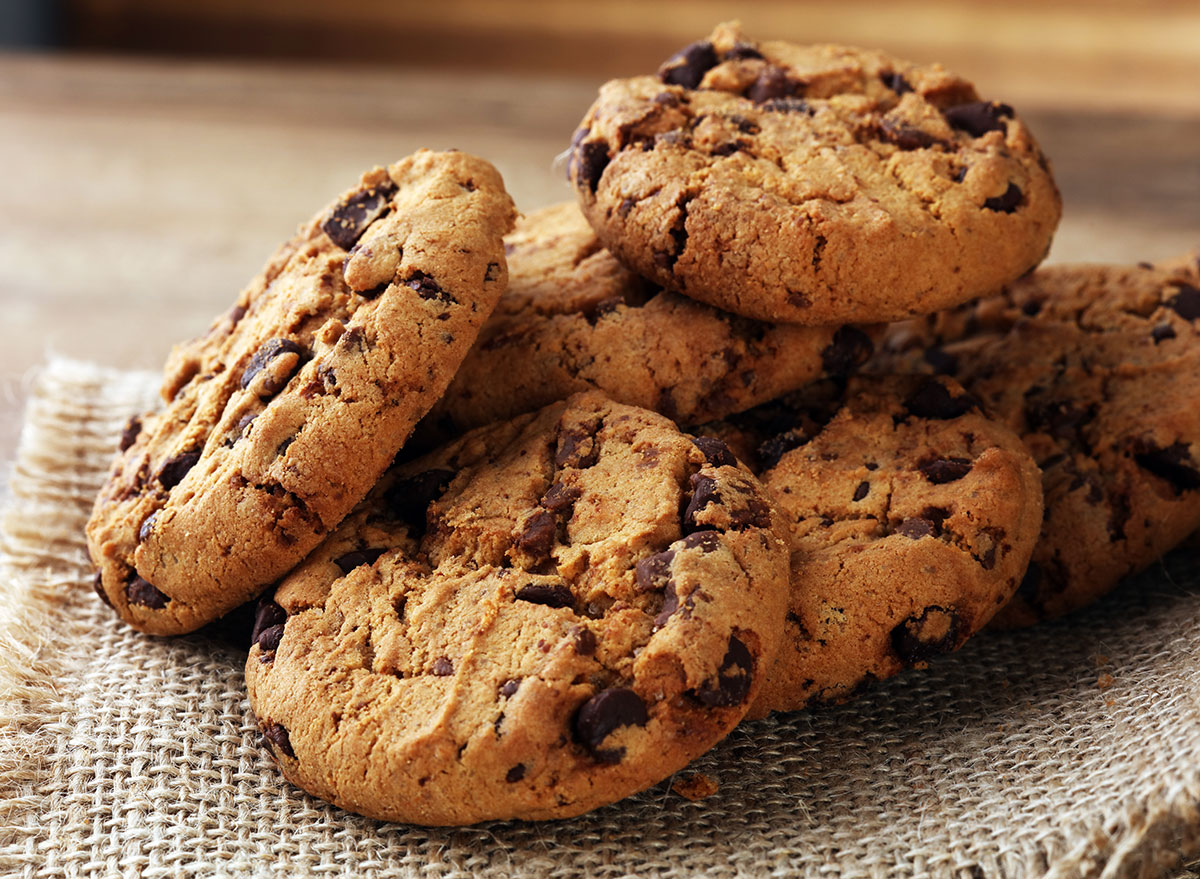
Ask anyone with a sweet tooth and they’ll tell you that cookie dough is tastiest eaten raw. Sadly, consuming any type of uncooked dough can lead to a Salmonella– or E. coli-related sickness. This is in part because of the flour that is used.
“Flour is derived from a grain that comes directly from the field and typically is not treated to kill bacteria,” Leslie Smoot, Ph.D., a senior advisor in FDA’s Office of Food Safety, said in an FDA statement. And just because your desserts are baked, it doesn’t mean you’re in the clear. Baked goods that contain infected eggs can also make you sick.
Red Meats
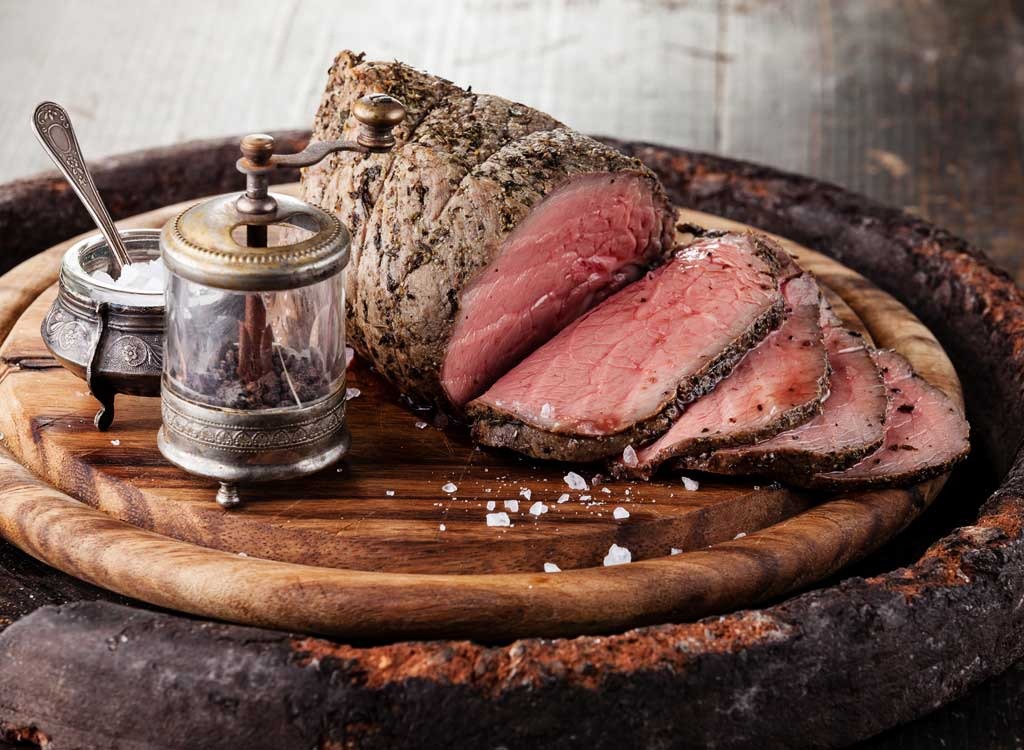
Bacteria such as Salmonella, E. coli, and Listeria love to feast on raw or undercooked beef, lamb, pork, and other red meats. That’s why it’s nearly impossible to forget the 1998 Sara Lee Listeria outbreak, where 35 million pounds of meat (mostly hot dogs) infected 100 people and killed 21. To avoid any BBQ disasters, cook your meats thoroughly.
Poultry
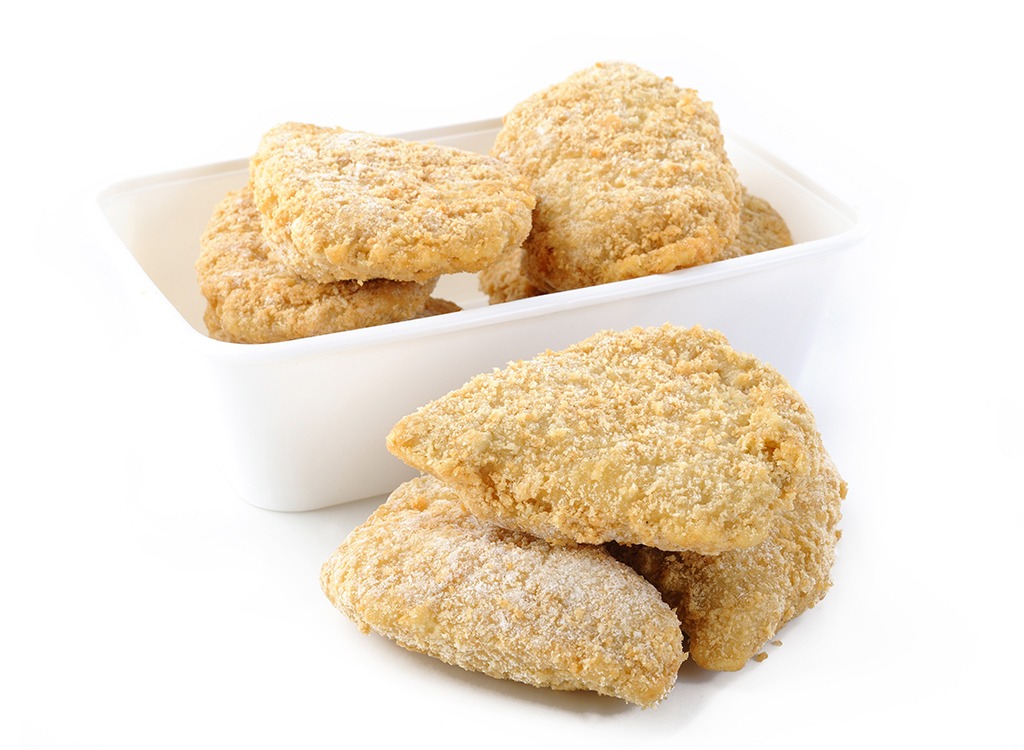
Most raw poultry contains Campylobacter and it also may contain Salmonella, E. coli, and other bacteria. So when you’re cooking with raw poultry, you don’t want to wash it before cooking, as washing can spread bacteria to other foods, utensils, and surfaces. You also want to be sure you cook poultry to an ideal internal temperature to avoid consuming uncooked meat.
Leafy Greens
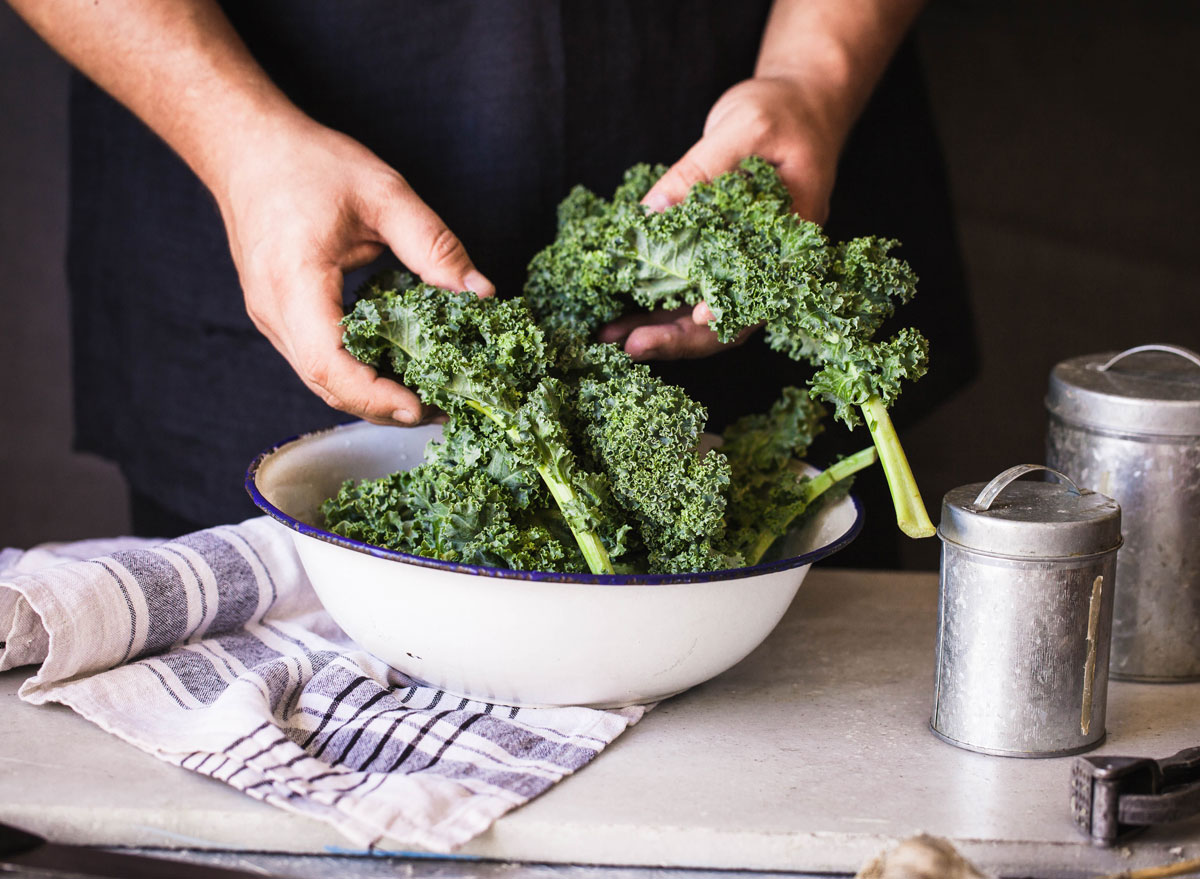
Thanks to the CDC’s extensive review of foodborne illnesses between 1998 and 2008, we know that chopped leafy greens caused 22 percent, or a fifth, of the 120,321 reported food-related illnesses during the 11-year time span.
Fresh Fruits and Vegetables
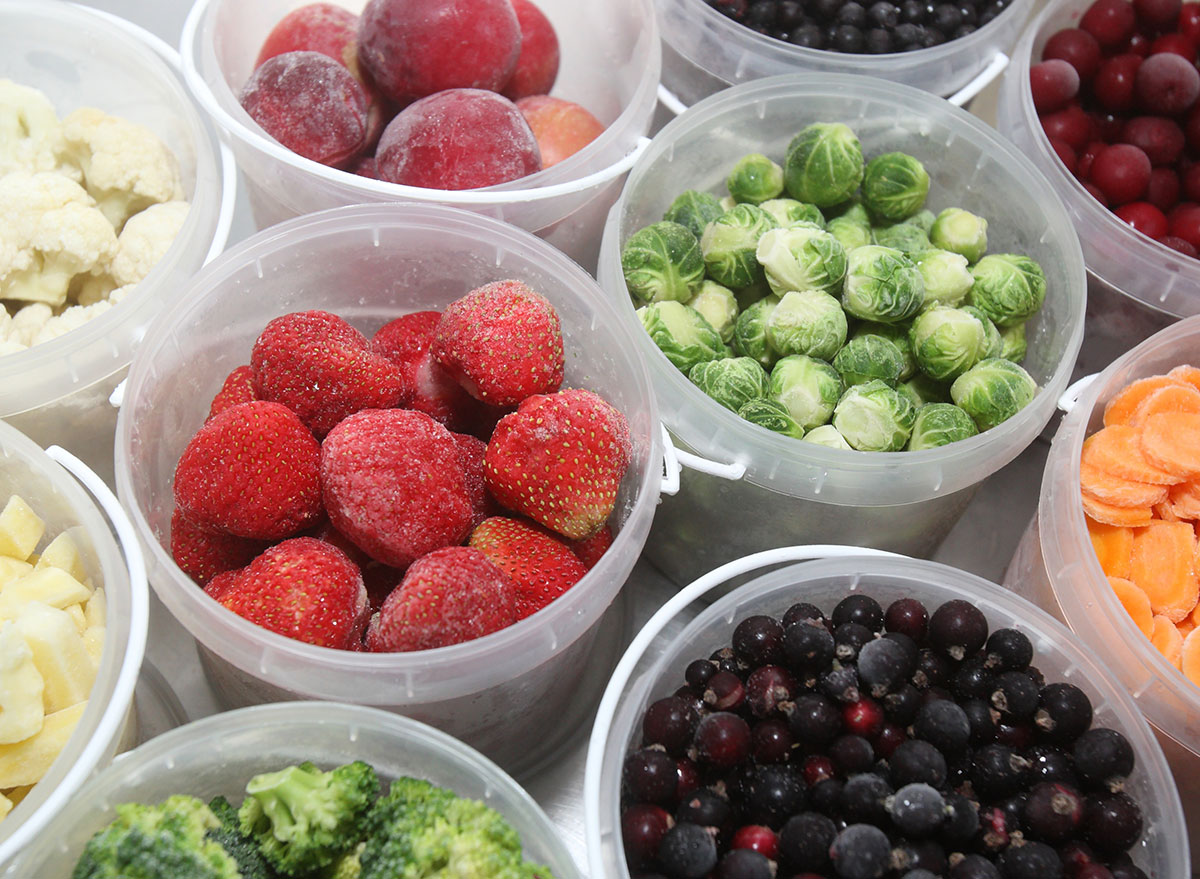
Sometimes, raw fruits and vegetables may cause food poisoning, because of those harmful germs you’re learning so much about, Salmonella, E. coli, and Listeria. Fresh fruits and vegetables can also end up contaminated in your kitchen if you’re not careful about cross-contamination as well.
Rice
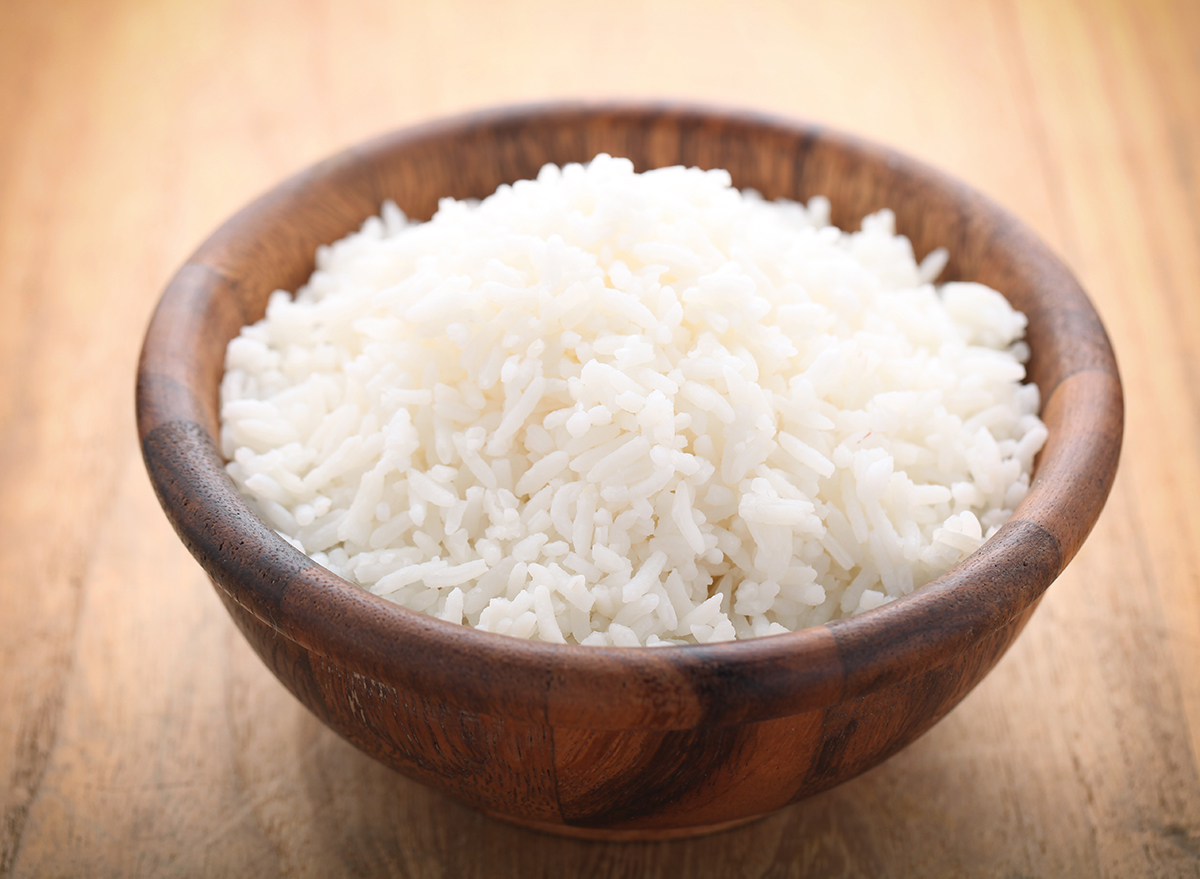
Bacillus cereus, a type of bacteria that causes toxins that can cause diarrhea, nausea, or vomiting can also be found in your leftover rice and beans dinner. Leaving cooked rice at room temperature instead of refrigerating it can cause illness-inducing bacteria to grow, according to the UK’s National Health Service.
Oysters
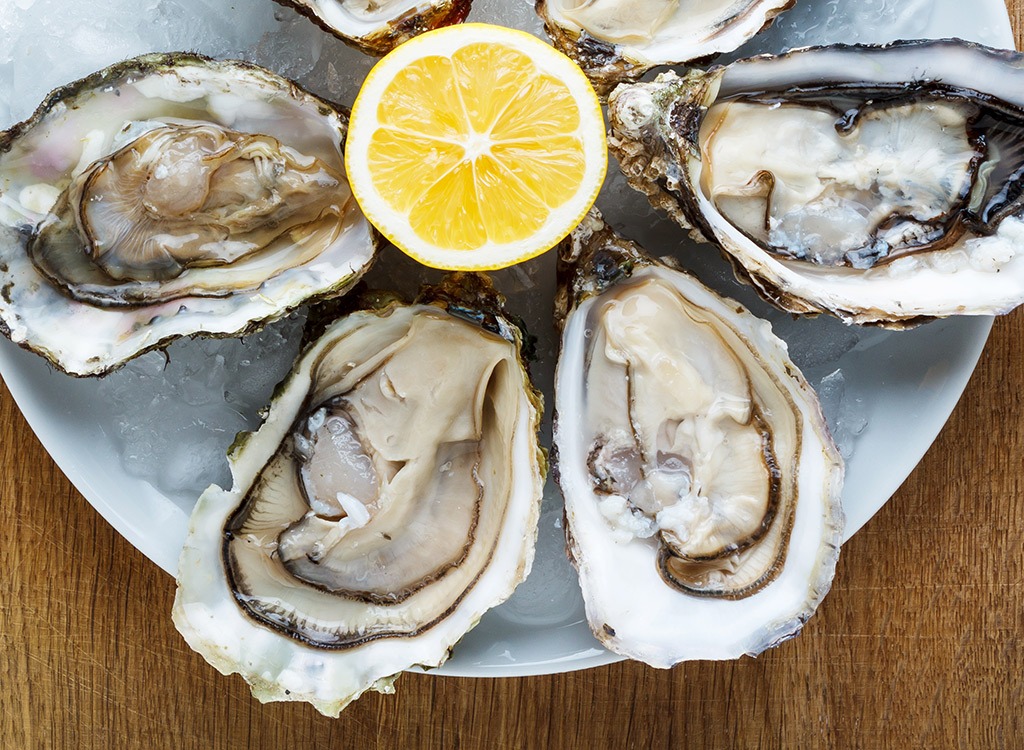
Sorry, seafood lovers: you may want to rethink date night at your local oyster bar. While the mollusks are known for their aphrodisiacal properties, they’re also a vessel for the bacteria Vibrio vulnificus—which can debilitate a person with fever, ulcers, vomiting, and diarrhea—stuff that definitely won’t impress your date.
Tuna
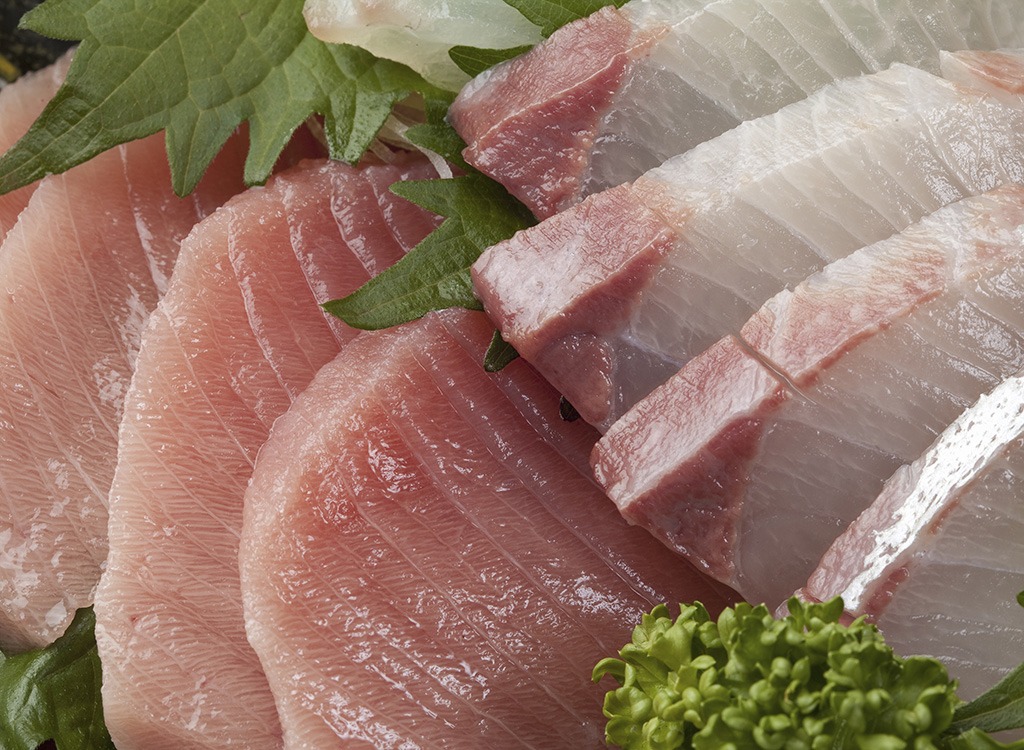
Besides for being adulterated with mercury, tuna and other fish such as mackerel, mahi-mahi, bluefish, anchovy, herring, marlin, and amberjack, can cause histamine toxicity due to the bacteria scombrotoxin, if the seafood is spoiled or not refrigerated.
Ice Cream
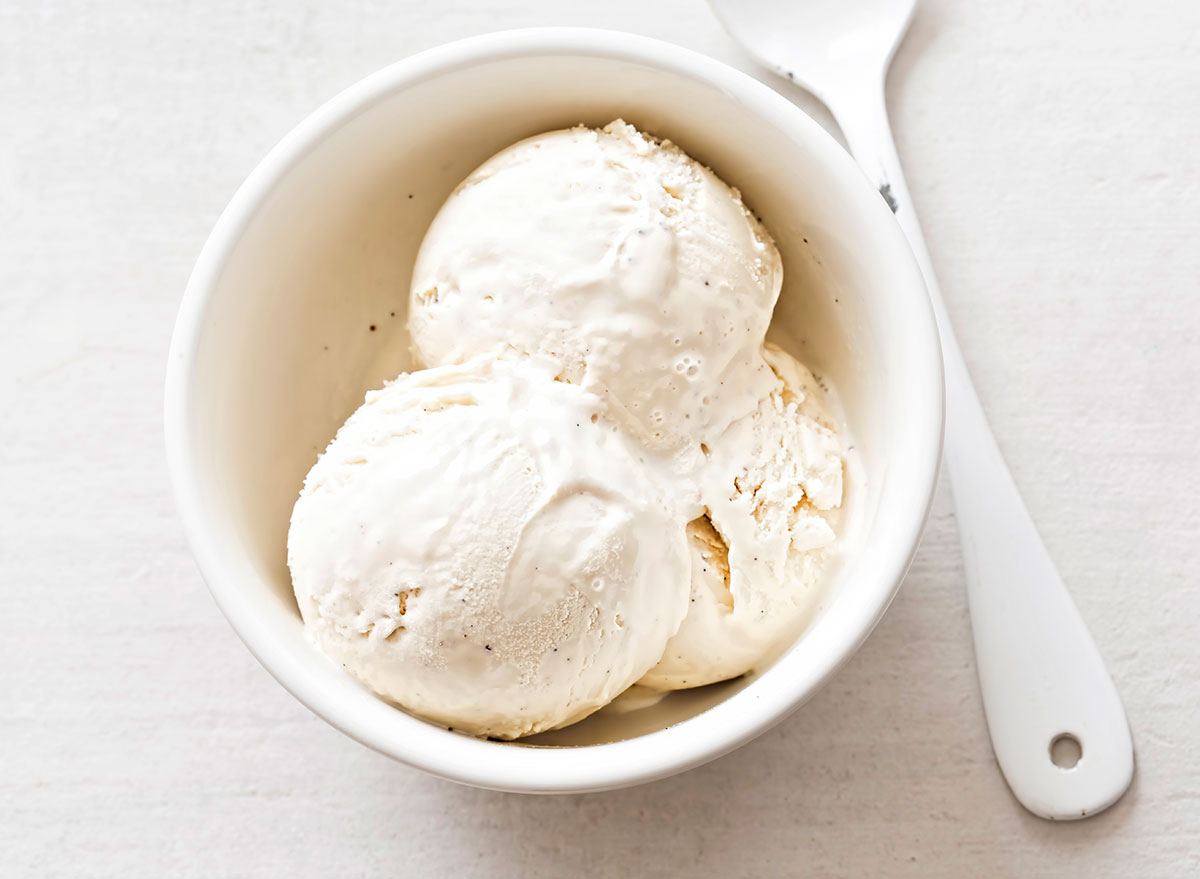
The thing to keep in mind with ice cream is that it melts. So when you take it out of the freezer and leave it out to thaw, you’re possibly exposing yourself to bacteria that is growing as it melts, such as Listeria. Once you scoop out your serving, be sure to put that tub back in the freezer right away to avoid germs starting to brew.
Seeds & Sprouts
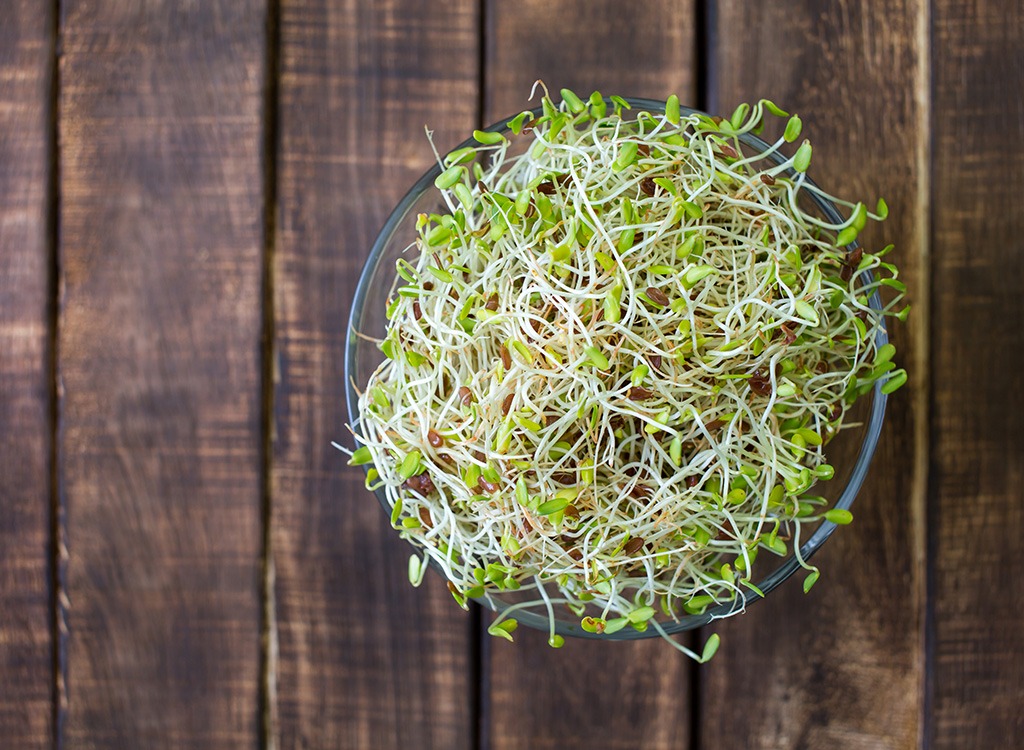
Since seeds and sprouts require a hot and humid climate to grow, this muggy environment is also ideal for tummy-upsetting bacteria to grow. Japan experienced one of the worst E. coli outbreaks in 1996, which sickened thousands of people and even worse, many children, because of contaminated radish sprouts.
Peanut Butter
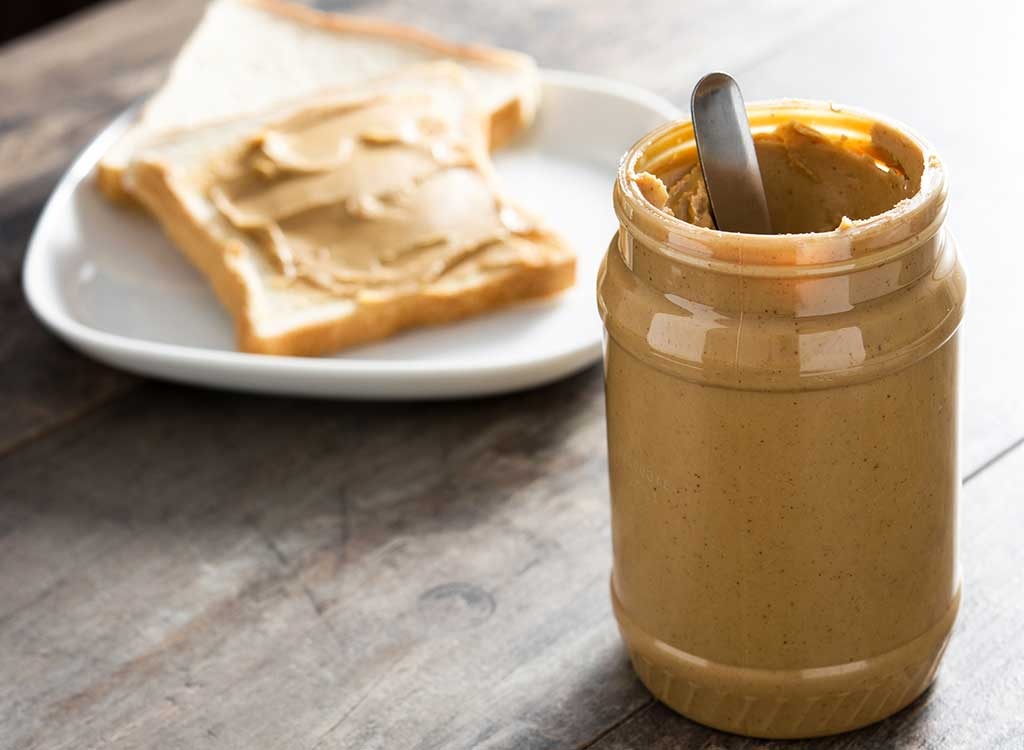
Like most processed foods, peanut butter can harbor Salmonella, which doesn’t pair well with jelly last time we checked. In fact, a 2004 Salmonella outbreak in PB poisoned six people in five states.
Potato & Macaroni Salad
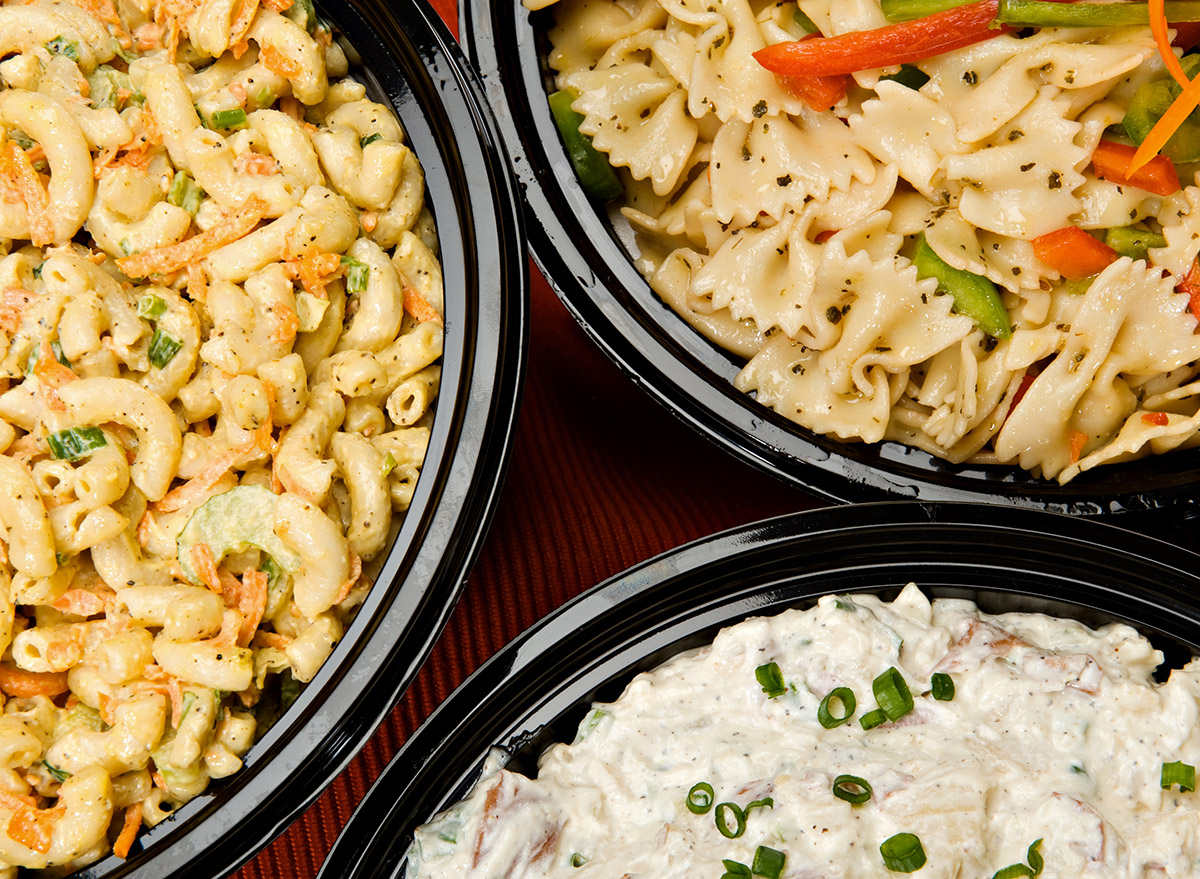
Besides being drenched in fat and loaded with calories, potato salad and pasta salads get two thumbs down due to their high risk for being contaminated with heat-resistant Staphylococcus aureus (staph), which can cause serious tummy troubles, especially in people with cancer, eczema, diabetes, vascular disease, and lung disease.
Prepared Sandwiches
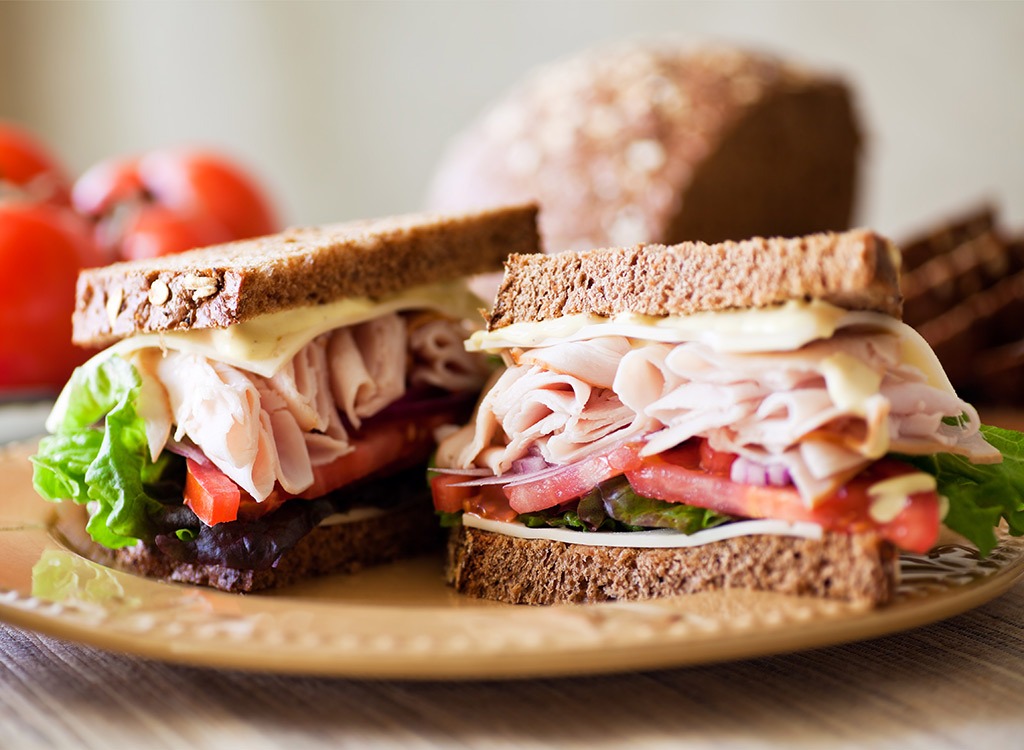
Staph can also be found in prepared sandwiches that were made with contaminated hands. To avoid the unpleasant symptoms, wash your hands thoroughly and layer your own lunch.

